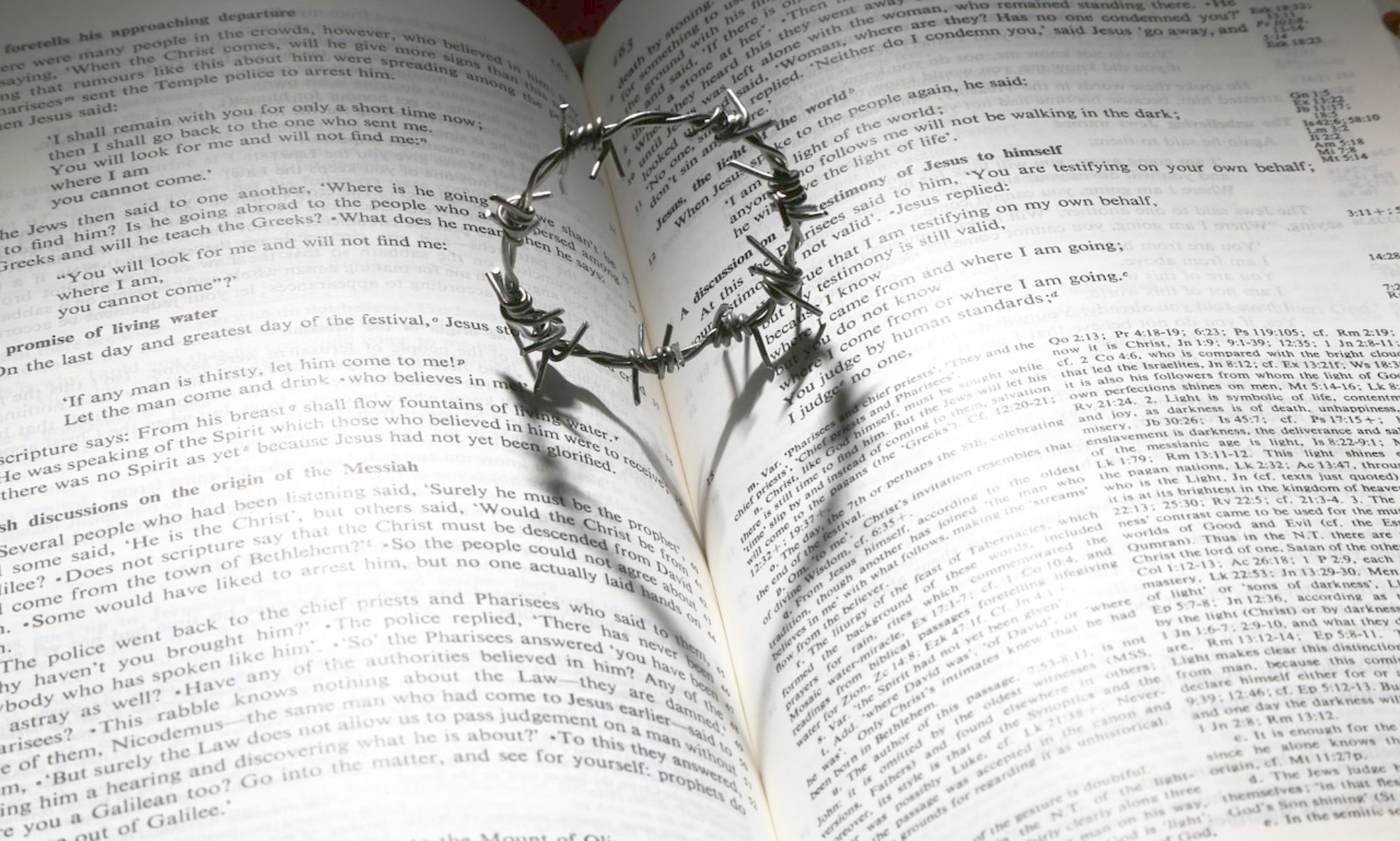I was reading a book titled Prayer: Experiencing Intimacy with God by Timothy Keller. I ran across this statement.
“The great eighteenth-century hymn writer William Cowper suffered from bouts of depression, but he was able to write…” (Page 261).
So, I googled him and discovered that he attempted suicide repeatedly, and stayed at St. Albans hospital for mental health reasons yet he wrote hymns. Here is an article about his struggle with his depression, his writings and what we can learn from his experiences.
My favorite quote from Nick Meader’s article is “Many people grapple with mental illness throughout their lives. Sometimes God does not deliver us from affliction. If we only hear the testimonies of those who overcame, it can feel like our fault that we are not healed.”
He went on to talk about Mr Cowper meeting John Newton, pastor of a church. Mr. Newton encouraged Cowper to work with him on writing hymns to include in Olney Hymns. This writer pointed out that this pastor worked to encourage Mr Cowper to do what he was good at despite the repeated episodes of depression.
Here are the lessons that Mr Meader listed at the end of his article.
“1. Our understanding of mental health is often too simplistic.
2. Although many will recover from mental health problems- not everyone gets healed. Some will struggle over many years.
3. People with mental health conditions are more than their problems. Cowper was a world-class poet and author. John Newton was wise enough to see the person beyond his depression and anxiety.
4. Mental health problems are not necessarily a sign of spiritual immaturity. Cowper’s hymns and poetry show a depth of insight and beauty matched by few in the history of the church.”
I found myself wanting to tell everyone these lessons. I believe that my negative thinking will be with me all of my life. Right now, I am doing really well. I am managing to continue to function and feel joy and hope in the midst of a very stressful time. I am so thankful to God and all that have helped me over the many years of my life. I am amazed that I am not sitting staring at the wall having to remind myself to blink when my eyes start drying out like I have done in the past.
“1. When darkness long has vail’d my mind,
And smiling day once more appears,
Then, my Redeemer! then I find
The folly of my doubts and fears.
2 I chide my unbelieving heart;
And blush that I should ever be
Thus prone to act so base a part,
Or harbor one hard thought of thee!
3 O let me then at length be taught
(What I am still so slow to learn,)
That God is love, and changes not,
Nor knows the shadow of a turn.
4 Sweet truth, and easy to repeat!
But when my faith is sharply try’d
I find myself a learner yet,–
Unskillful, weak, and apt to slide.
5 But, O my Lord, one look from thee
Subdues the disobedient will;
Drives doubt and discontent away,
And thy rebellious worm is still.
6 Thou art as ready to forgive,
As I am ready to repine;
Thou, therefore, all the praise receive;
Be shame, and self-abhorrence, mine.”
I love how he shared his struggle to remember the love and mercy despite the tests of his faith.
Here is a video of a woman singing one of his hymns about the mysterious ways of God.

